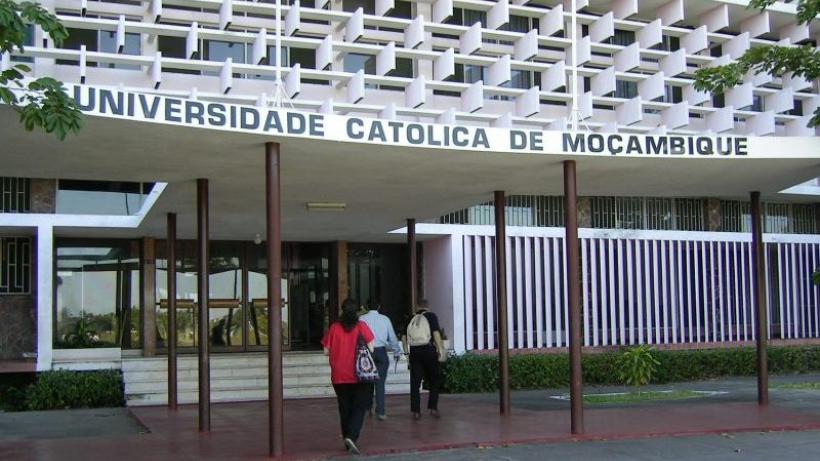Subjective expectations, labour market choices, and migration among university students in Mozambique
- Mozambique’s graduate youth employment market is suffering from a skills mismatch, leading to unemployment.
- An excess of students look for jobs in the public sector, and not many look to become self-employed.
- Researchers examined students’ expectations about education and labour market returns and their future occupational choices.
- They found that students tend to overestimate returns to higher education in the public sector, a potential cause of the skills mismatch.
- To solve this, more information about actual prospects in the public and private sectors should be communicated more effectively to students.
Young highly-skilled Mozambicans have a significant impact on the country’s economic path to growth and development. Yet youth unemployment in Mozambique has remained high, especially for those completing tertiary education, while the demand for skilled workers has been growing faster than supply.
This study examined the role of subjective expectations about employment and earnings in influencing occupational choices of university students in Mozambique, in order to shed light on this mismatch. The project asked students at two universities in Maputo about expected earnings (for themselves and for others) in different sectors, and their occupational choices.
Students were then told actual earnings distributions for the three sectors (public, private, and self-employment), and asked about their beliefs and choices again. This allows the researchers to estimate the impact of earnings beliefs on occupational choices.
The findings of the study suggest that students tend to under-estimate returns to higher education in the self-employment sector, while over-estimating them in the public sector.
The under-estimation of returns to education in the self-employment sector highlights one potential cause of what many observers indicate as a skill-mismatch in such sector, i.e. the lack of skilled individuals willing to become entrepreneurs in Mozambique. On the other hand, the over-estimation by students of returns to education in the public sector seems to be consistent with an excess of supply in this sector.
Policies that increase the information available to students on the prospects in the self-employment sector could be useful in order to decrease this skill-mismatch in the labour market and, at the same time, boost development and growth.





